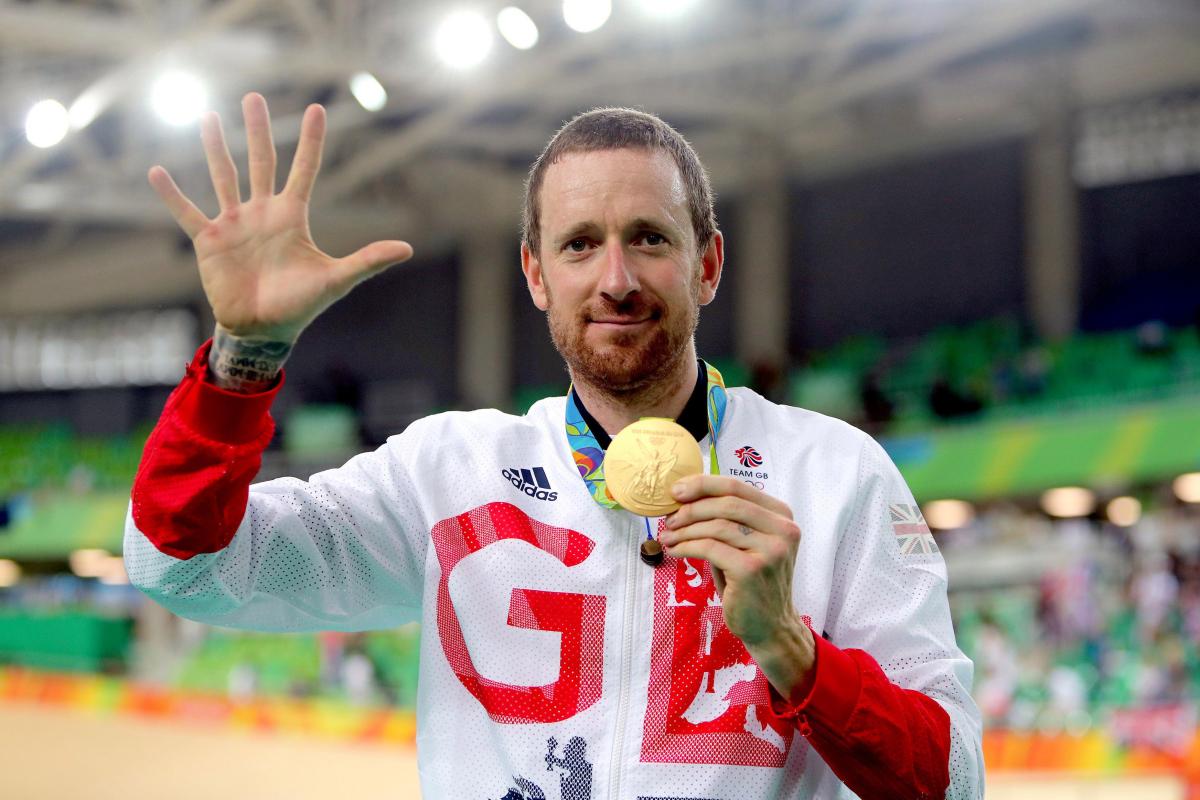When thinking about doping many think of: the recent Russian scandal, which shows no signs of abating; the recent case of Maria Sharapova; or the infamous case of Lance Armstrong, who inspired the world by beating cancer, raising money for charity whilst continuing to be, or at least seeming to be, a world-class athlete. His fall from grace has been catastrophic. When doping occurs in Great Britain, we think of Rio Ferdinand or Dwaine Chambers, but few others. In other words, it rarely happens, and when it does, it dominates the news agenda. However, doping is a far graver problem in this country than people realise. Athletes are always looking for that extra yard or a little more muscular strength or endurance. We should all be worried about the recent doping report.
The Select Committee Report highlights various issues which people guessed at but did not necessarily think to be as widespread, with athletics and cycling being at the heart of this important report. Sir Bradley Wiggins and Team Sky have, in particular, been highlighted. The line of contention is that some of these drugs are legal to use, but not in the world of sport. Some drugs, it is claimed, have medicinal purposes. Kolo Toure, the former Manchester City and Liverpool footballer, experienced similar problems, taking his wife’s water tablets, without knowing, or claiming to not know, that they were prohibited.
The enquiry has been a long time coming; starting in August 2015, with investigative help from the Sunday Times and the German Broadcaster ARD, this is no small matter. The report shows that there is a variation in drug use; some of the drugs are illegal no matter what, some are illegal in the world of sport, and, finally, some are only legal in small, or prescribed, doses. There is indeed a genuine grey line: some athletes, for example, genuinely have medical needs, such as asthma. We are all human beings. But the problem is that it seems that the athletes, their coaches and the doctors involved are always one step ahead of the authorities. This is why this report is so encouraging – so that we know the scale of the problems – but also, of course, promoting discourse, given that it is a more serious and more widespread matter than first suspected.
We cannot take this MP’s Select Committee Report for granted. Indeed, for example, it stated that Bradley Wiggins and Team Sky “crossed an ethical line”. It is this ethical line which encapsulates many of the problems surrounding this contentious issue. Indeed, the report concluded that “drugs were being used by Team Sky, within World Anti-Doping Agency (WADA) rules, to enhance the performance of riders and not just to treat medical need”. We think of doping as expensive and spectacular ventures, such as the Lance Armstrong and Russian athlete’s cases, but the reality is that doping occurs in much smaller doses and in many, intricate and elusive ways. We should all be worried about the ethical conclusions of the report. Let’s hope the authorities can control this issue, and give us fairer sport, where the best athletes win by merit alone. It’s why we love sports.
By James Felton

